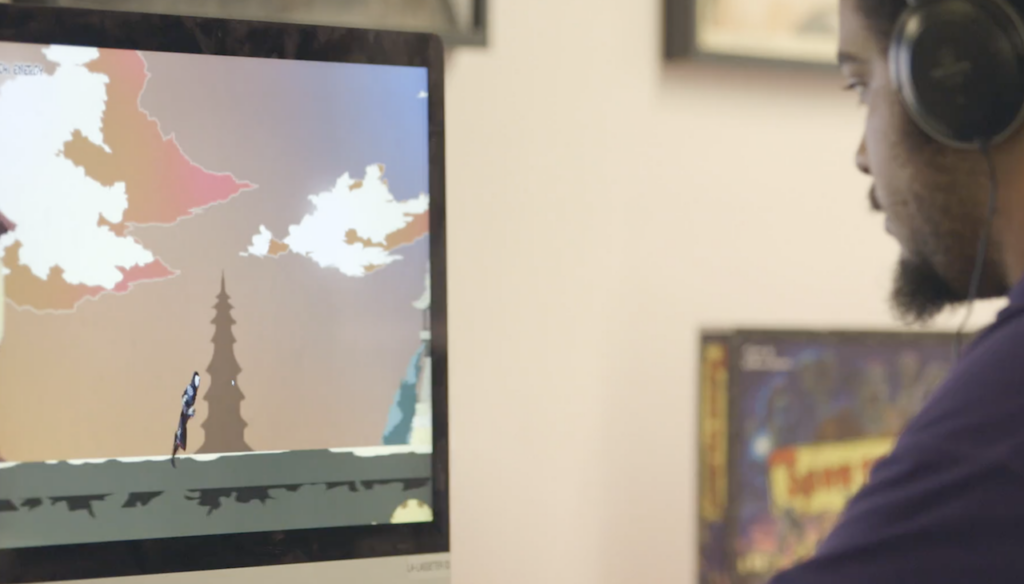Learn How to Create a Video Game at NYFA
In NYFA’s Associate of Fine Arts (AFA) degree in Game Design, offered at our NYFA Los Angeles campus, our diverse students explore the craft of games, building fundamental skills in game design, game analysis, programming, and story.
During the AFA, students form digital game studios with classmates, gaining real world experience and training in agile development methodology and professional tools. Throughout NYFA’s Game Studio course, which includes mentorship from faculty and advisors, students create a functioning digital game per semester.
Faculty Highlights
Curriculum
In the AFA program, students learn fundamental game design skills through a strict regimen of lectures and projects. By the conclusion of the program, students have a variety of game content, including digital art, level designs, narrative story designs, character designs, and of course, gameplay. The curriculum also includes:
- The framework to create a project per semester
- Instruction and mentorship from our experienced faculty of professional Game Designers
- Access to industry-standard equipment and software
- The ability to attend exclusive guest speaker events with industry experts such as Game Designers, Filmmakers, 3D Animators, and and more
To get more information about the AFA program, refer to NYFA’s Course Catalogs or request more info.
The AFA Degree in Game Design and Development at NYFA Los Angeles is a 16-month, four-semester program.
During their time at NYFA, game design students create a variety of original content, including four functioning digital games for their personal portfolio. These games are created in collaboration with classmates and mentors. To learn more about the projects AFA students complete, visit our projects page.
AFA students take select History of Visual Arts courses that support the Game Design curriculum. Learn more about the course requirements here.
The AFA in Game Design program is offered at NYFA Los Angeles.
3300 W Riverside Drive
Burbank, CA 91505
Associate of Fine Arts Degree in Game Design
| Location | Program Start Date and End Date | Tuition |
|---|---|---|
| Los Angeles | August, 2026 – December, 2027 | Fall 2026 Semester The program semesters tuition and duration is listed below. In addition to tuition please review the programs associated feesTuition:$19,500 Per Semester Departmental Program Fee:$1,500 Per Semester Program Duration: 4 Semesters |
The Spring 2026 deadline has passed, however, we may have limited seats available. Please contact us by phone +1 212 674 4300 or email admissions@nyfa.edu
*Additional Fees:
Spring 2026 – Summer 2027
| Technology Fee: | $80 Per Semester |
| Wellness Services & Programming Fee: | $145 Per Semester |
| Activity Fee: | $125 per semester |
| Orientation Fee: (Spring 2026: January 5th – January 9th) |
Domestic Students: $150 International Students: $200 |
| Graduation Fee: | $100 |
| International Student Fee: | $200 for the first semester, $120 each subsequent semester |
Please note: Equipment, curriculum, and projects are subject to change and may vary depending on location. Students should consult the most recently published campus catalog for the most up-to-date curriculum.



